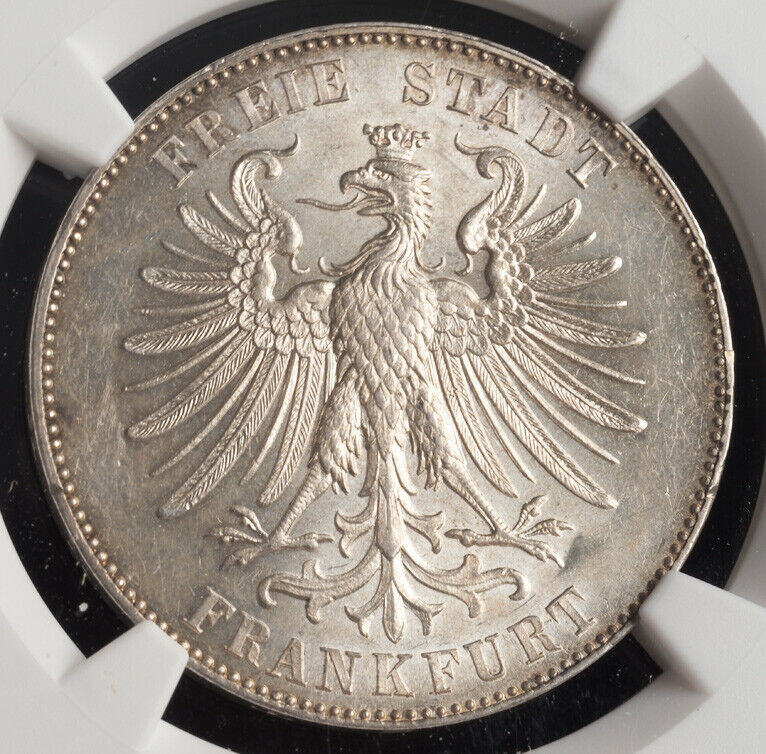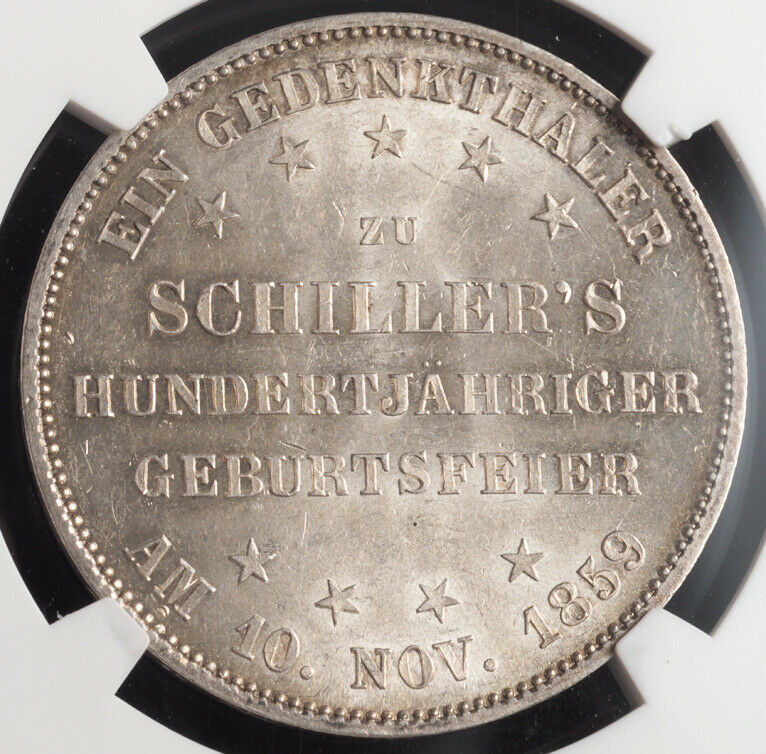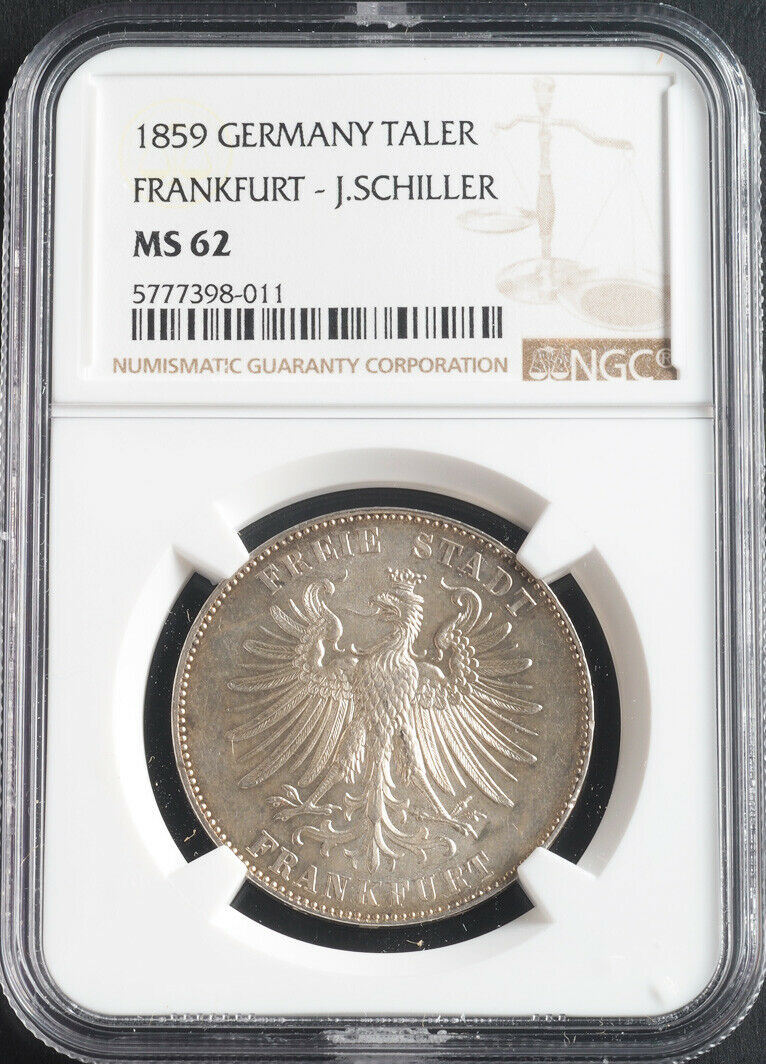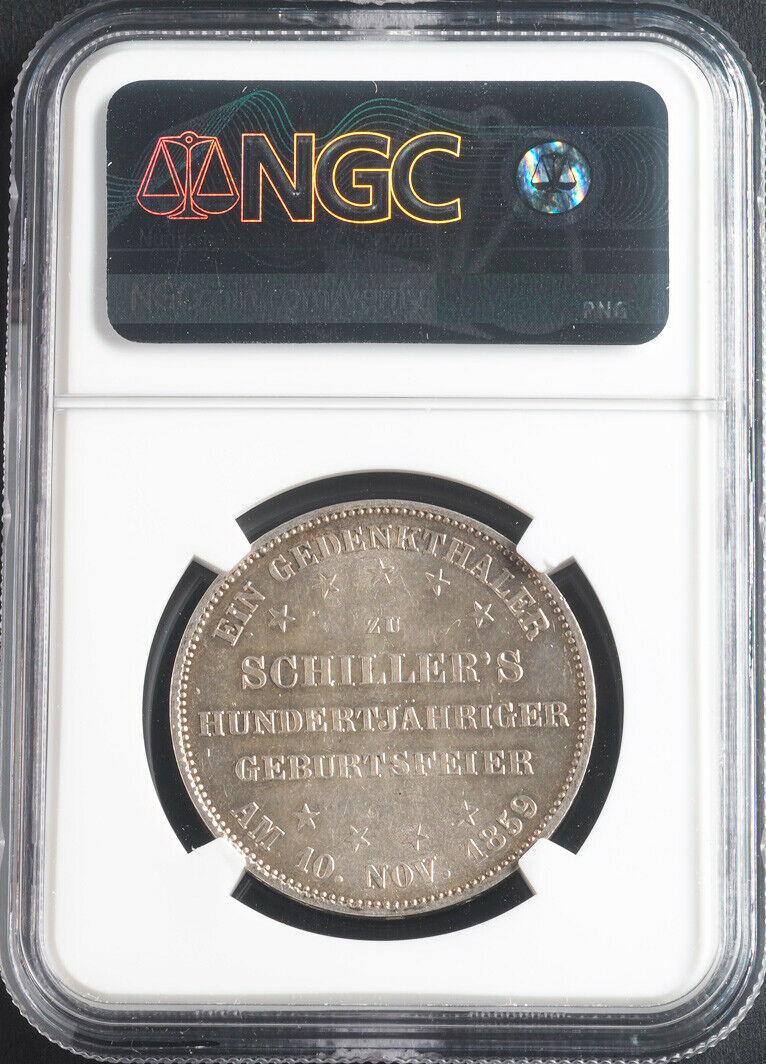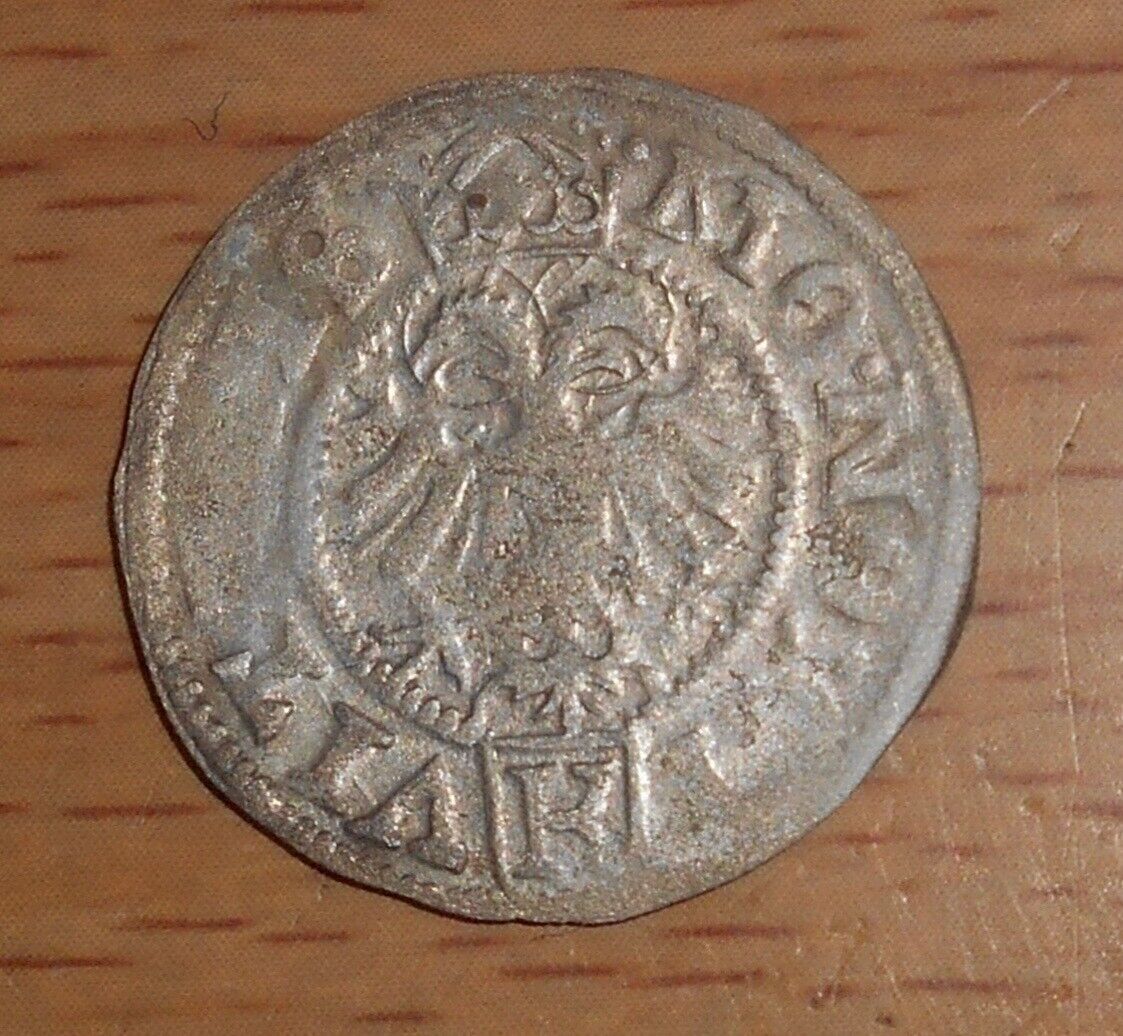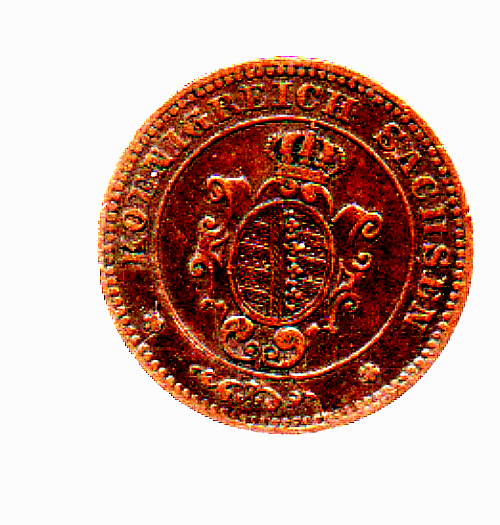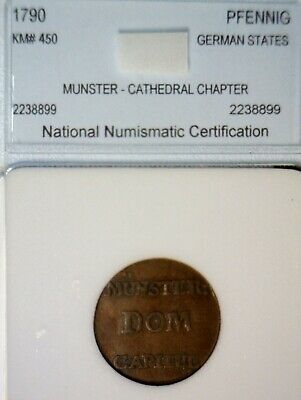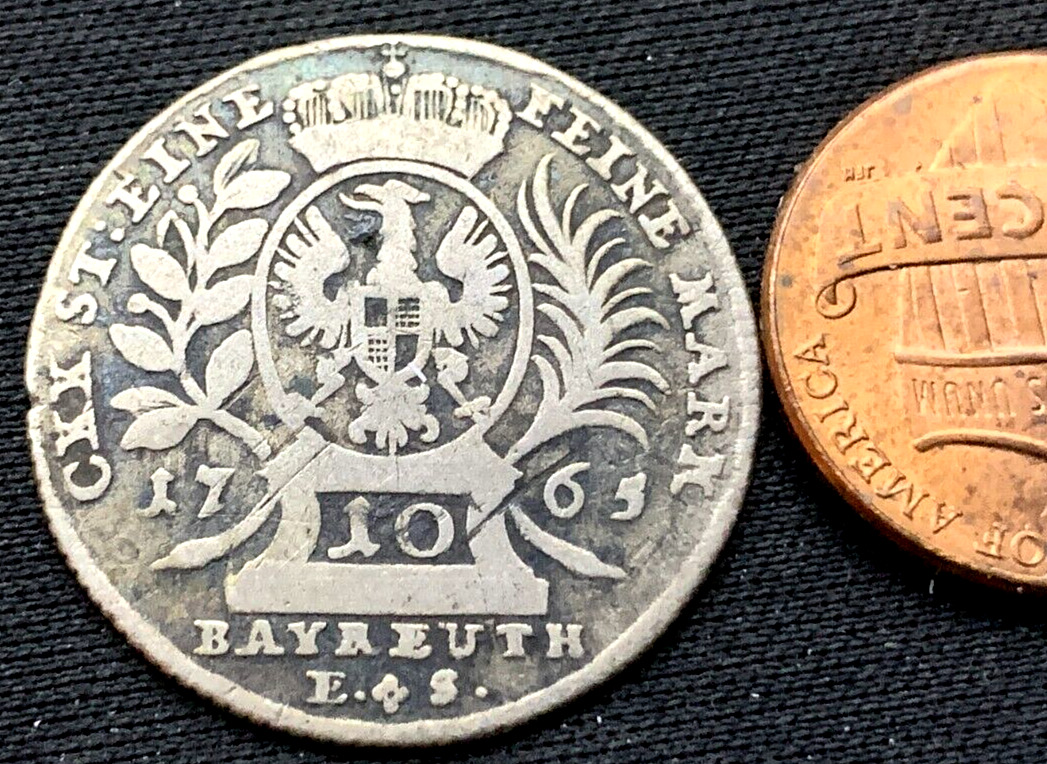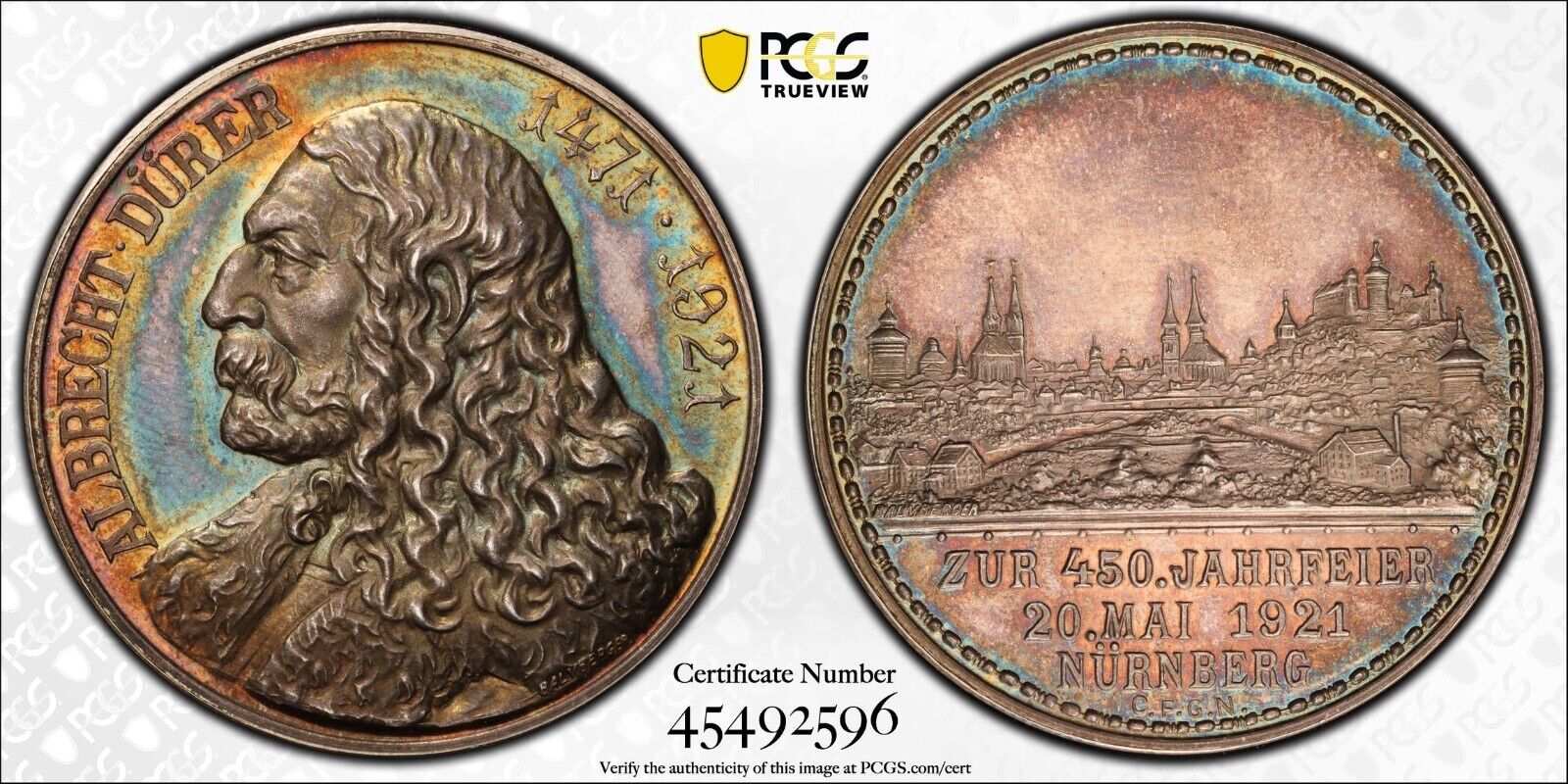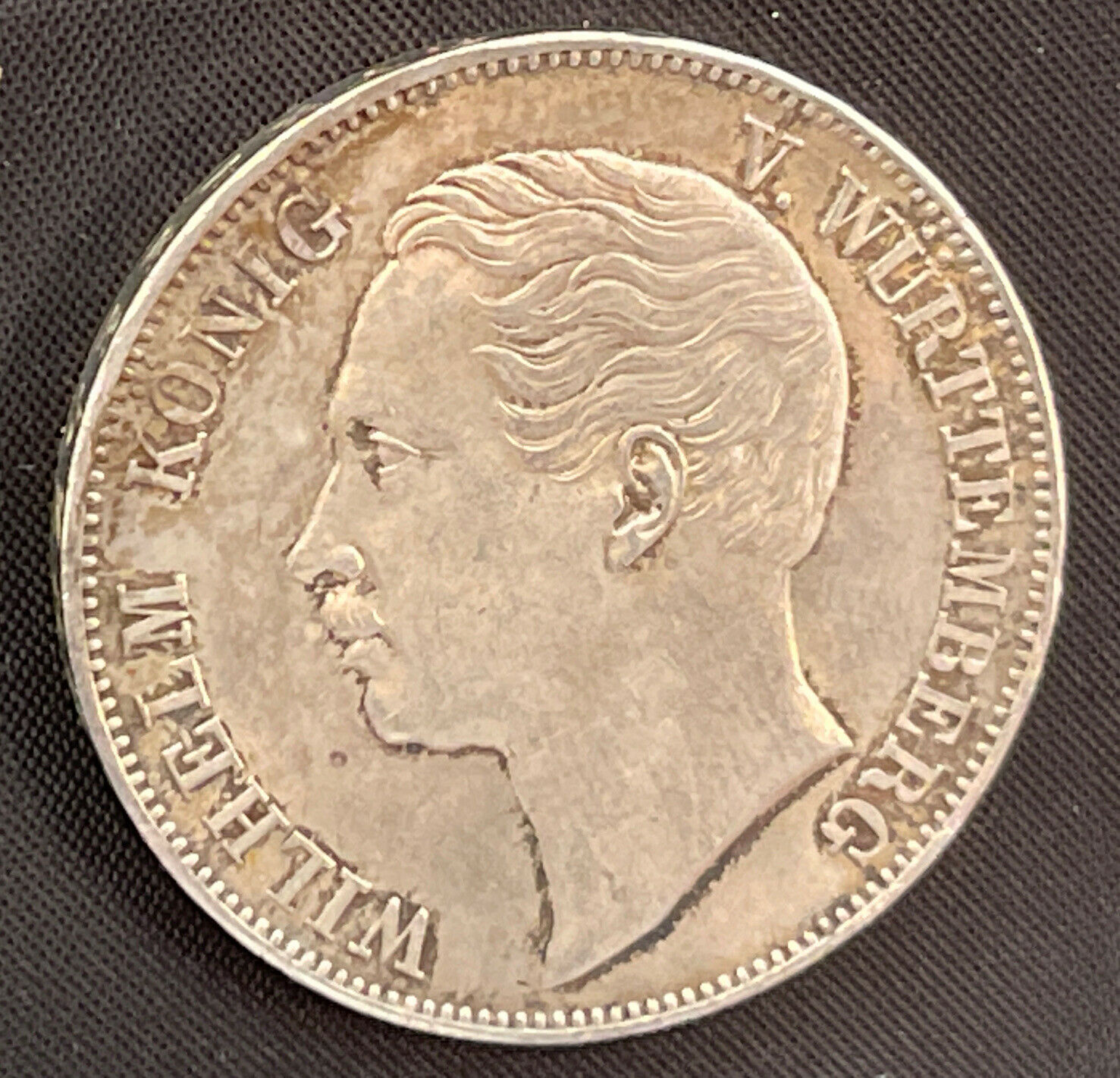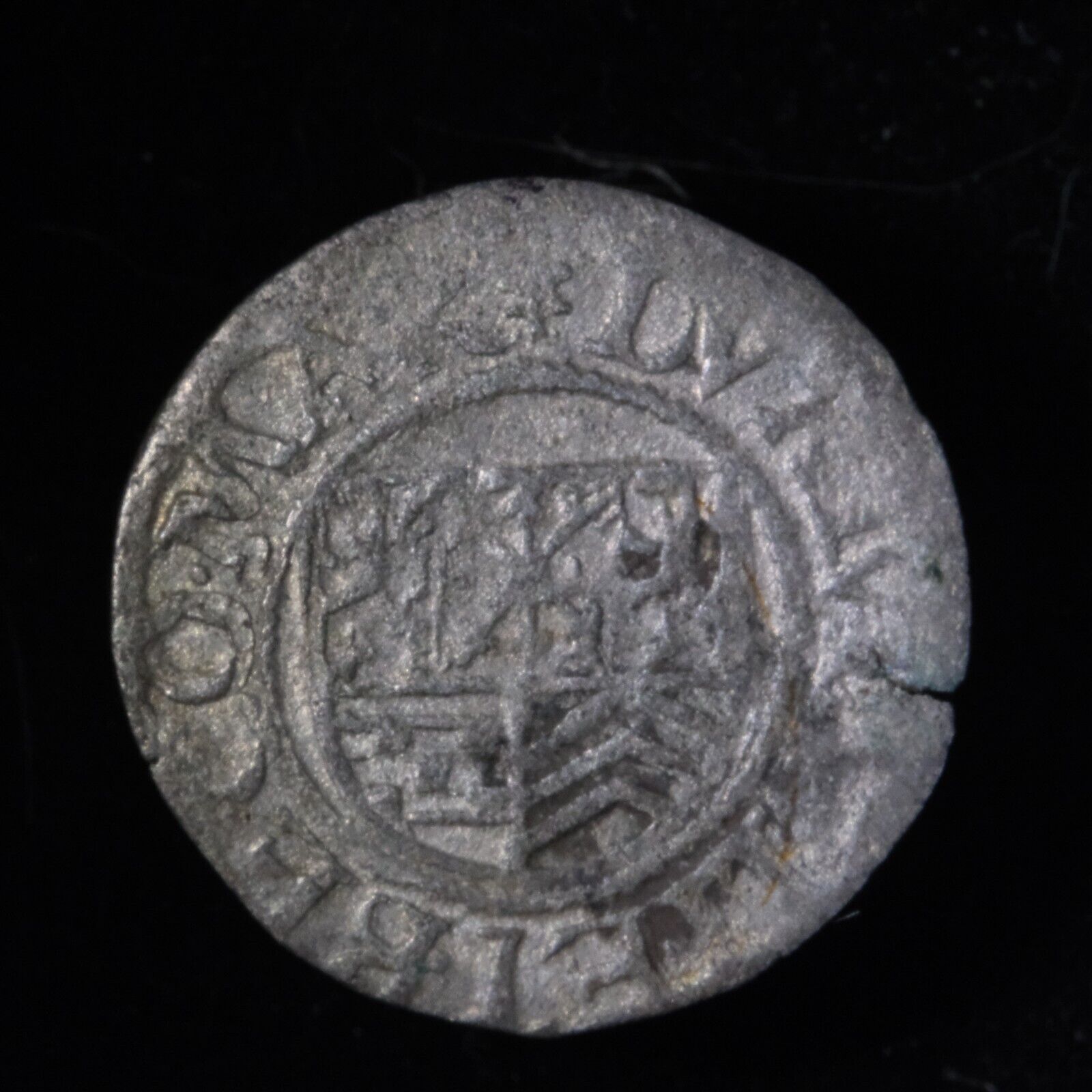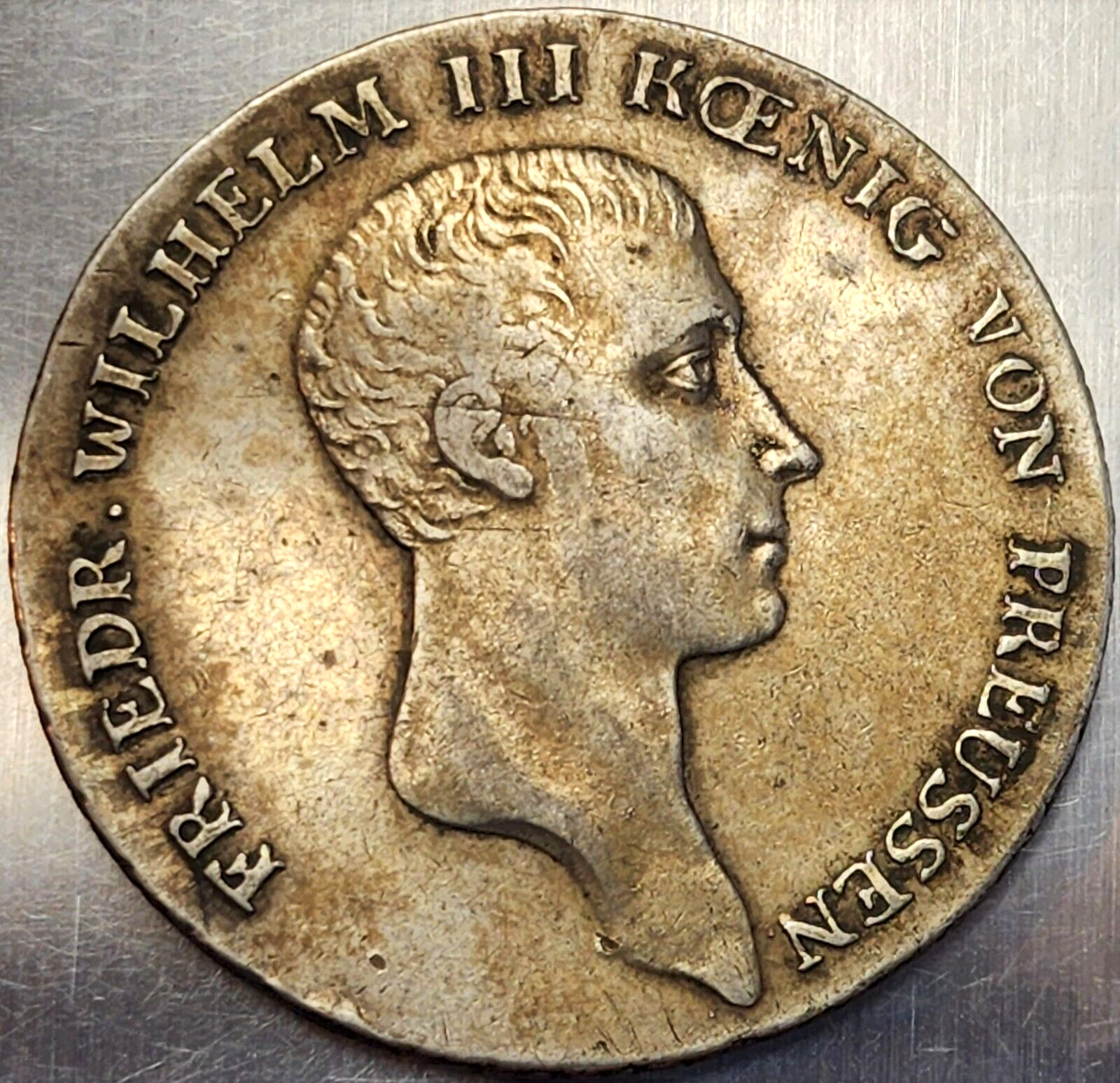-40%
1859, Frankfurt (Free City). Silver "Schiller Centennial" Thaler Coin. NGC MS62!
$ 242.35
- Description
- Size Guide
Description
CoinWorldTV1859, Frankfurt (Free City). Silver "Schiller Centennial" Thaler Coin. NGC MS62!
Mint Year: 1859
Mintage: 25,000 pcs.
Denomination: Thaler
References: KM-359. R!
Condition:
Certified and graded by NGC as MS-62!
Weight: 18.52gm
Diameter: 33mm
Material: Silver
Obverse:
Heraldic crowned eagle of Frankfurt with spread wings left.
Legend: FREIE STADT FRANKFURT
Reverse:
Schiller legend.
Legend: EIN GEDENKTHALER **** ZU SCHILLER´S HUNDERTJÄHRIGER GEUBURTSFEIER **** AM 10. NOV. 1859
Translated: "
One commemorative thaler for Schiller´s centenary birth festivities on 10th November 1859.
"
Edge Legend: STARK § * § IM § * § RECHT § * §
For your consideration a beautiful large silver double gulden coin, issued on the 100th anniversary of the birth of the German writer, who was born in Frankfurt during 1749.
A nice commemorative issue and one of only 25,000 pieces struck!
After the ill-fated revolution of 1848, Frankfurt was the seat of the first democratically elected German parliament, the Frankfurt Parliament, which met in the Frankfurter Paulskirche (St. Paul's Church) and was opened on 18 May 1848. The institution failed in 1849 when the Prussian king declared that he would not accept "a crown from the gutter". In the year of its existence, the assembly developed a common constitution for a unified Germany, with the Prussian king as its monarch.
Frankfurt lost its independence after the Austro-Prussian War as Prussia in 1866 annexed several smaller states, among them the free city of Frankfurt. The Prussian administration incorporated Frankfurt into its province of Hesse-Nassau. The formerly independent towns of Bornheim and Bockenheim were incorporated in 1890.
Authenticity unconditionally guaranteed.
Bid with confidence!
Johann Christoph Friedrich von Schiller
(10 November 1759 – 9 May 1805) was a German poet, philosopher, historian, and playwright. During the last seventeen years of his life (1788–1805), Schiller struck up a productive, if complicated, friendship with already famous and influential Johann Wolfgang von Goethe. They frequently discussed issues concerning aesthetics, and Schiller encouraged Goethe to finish works he left as sketches. This relationship and these discussions led to a period now referred to as Weimar Classicism. They also worked together on
Die Xenien
, a collection of short satirical poems in which both Schiller and Goethe challenge opponents to their philosophical vision.
Ludwig van Beethoven said that a great poem is more difficult to set to music than a merely good one because the composer must rise higher than the poet. In that regard, he said that Schiller's poems were more difficult to set to music than those of Goethe.
Only 1$ shipping for each additional item purchased!
